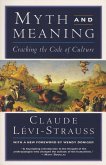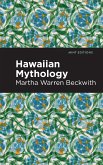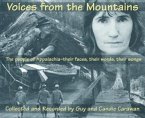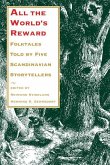"The distinguished anthropologist and folklorist Stanley Brandes has written an elegant and stimulating treatise on what it means to be 40 and on what 40 means as a symbol." --Gary Alan Fine, Contemporary Sociology "Brandes's tour through numerology and etymology is rich and entertaining." --Psychology Today "The midlife crisis is a popular topic these days, but this book is unique in that it draws upon psychology, history, literature, religion, anthropology, and folklore to present a summary of our past and present attitudes towards both the number and the age 40. An imminently readable book." --Library Journal "Forty gratifies and consoles, as its author demonstrates how it is in our power to alter the scenario; we can change the third act in the life span, or altogether exchange the stage play/life analogy for a more truthful and rewarding vision of our lives." --Newsday "The book is avaliant effort to formulate a perspective on the darkness and bewilderment that all too frequently descend on this 'unstable moment.' It is a friendly and supportive book. For anyone about to shoulder this yoke of years unguided, Forty is a handsome volume and a relevant gift." -- Wilson Library Bulletin
Hinweis: Dieser Artikel kann nur an eine deutsche Lieferadresse ausgeliefert werden.
Hinweis: Dieser Artikel kann nur an eine deutsche Lieferadresse ausgeliefert werden.








